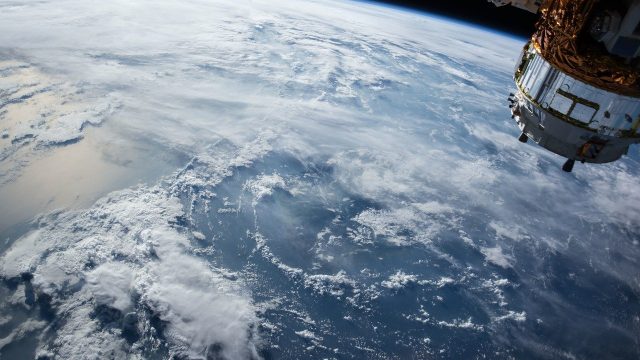Standards Australia has kicked off a project to participate in international space standardization to support Australia’s focus on growing its own space industry and capability.
The Australian government has launched several initiatives towards supporting a vibrant and globally competitive national space industry. The government released the “Australian Civil Space Strategy 2019–2028,” which details $300 million in space-related activities, including $41 million across four years to establish the Adelaide-based Australian Space Agency and $260 million to support the development of satellite capabilities through Geoscience Australia. An additional $6 million will go to a Space Discover Center, and $19.5 million will be invested in the Government’s Space Infrastructure Fund.
In 2020, the Australian Department of Defense released its 2020 Force Structure plan, which outlines a new strategy for defense capabilities and investments to deliver it. Over the next decade, the strategy will dedicate $7 billion to develop space capabilities, including investment in satellite communications, improved tracking and identification of space objects, and more.
The Australian Space Agency has signed Memorandums of Understanding with several countries, including the United Kingdom, to identify areas of cooperation in space. It has also signed a Memorandum of Cooperation with several counties, including Japan, to support growing Australia’s space capability.
Standards Australia is aligning with the government’s strategy through participating in international committee ISO/TC 20, “Aircraft and space vehicles” and its subcommittee ISO/TC 20/SC 14, “Space systems and operations.” This subcommittee is responsible for more than 150 published standards, with almost 50 in development. The standards cover broad fields such as space environment, ground infrastructure, communications, spacecraft components, and more.
Standards Australia is currently in the process of forming a mirror committee to ISO/TC 20/SC 14. The mirror committee will allow Australian representation at an international level.
“Australian participation on the international standardization level is fantastic,” says Roland Terry-Lloyd, head of standards development at Standards Australia. “It will allow us to provide essential support in growing a successful space industry.
“Standards support all aspects of growing space capabilities, from manufacturing guidance to raising awareness of the importance of industry,” Terry-Lloyd concludes.

